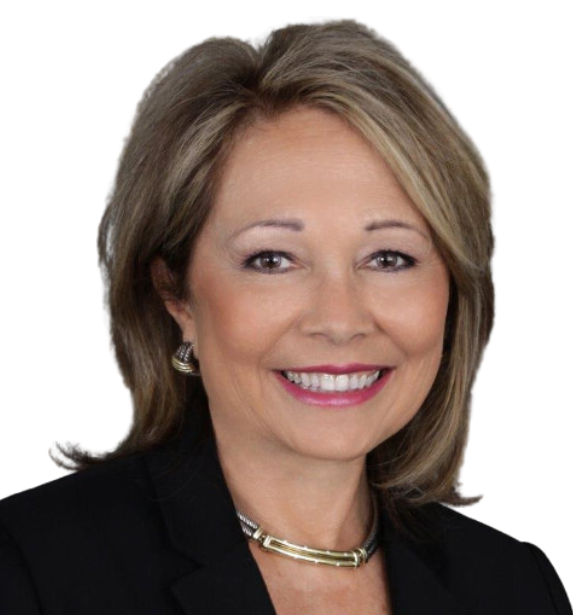
FHA Versus Private Mortgage Insurance

Home buyers in New Jersey who make smaller down payments often have to pay for a mortgage insurance policy. Depending on the type of home loan being used, either FHA mortgage insurance or private mortgage insurance might be required. This article explains the differences between these two types of coverage, and how they could affect you as a borrower.
FHA Mortgage Insurance vs. PMI in New Jersey
Mortgage insurance is usually required when a smaller down payment results in a higher loan-to-value ratio. For example, when a conventional loan accounts for more than 80% of the home’s value, a mortgage insurance policy is usually required. This is just a long-time industry requirement.
As mentioned above, there are two main types of mortgage insurance, and they have different features and requirements. These policies generally fall into one of the following categories:
PMI for Conventional Loans
- Private mortgage insurance (PMI) is associated with conventional loans, meaning those that are not guaranteed or insured by the government.
- PMI is typically required whenever the loan-to-value (LTV) ratio rises above 80%. Thus, New Jersey home buyers who make down payments below 20% often have to pay for private mortgage insurance.
- The cost of PMI can vary based on several factors. Premiums typically range from 0.3% to 1.5% of the loan amount, paid annually. But they can fall outside of that range in some cases.
- These policies can be cancelled later on down the road, when the homeowner reaches a certain level of equity. This typically occurs when the LTV ratio falls to 80% or below.
Mortgage Insurance for FHA Loans
- New Jersey home buyers who use an FHA-insured home loan to buy a house usually have to pay for mortgage insurance. Unlike PMI, these policies are provided by the government (via the Federal Housing Administration).
- There are two policies associated with FHA loans. There’s an annual mortgage insurance premium (MIP) that can vary in size depending on the loan term and size. The annual premium for most FHA home buyers is 0.85%, with the minimum down payment of 3.5%. There’s also an upfront MIP that typically amounts to 1.75% of the loan amount.
- Most borrowers who use FHA loans have to pay the annual mortgage insurance premium for the life of the loan. This is a key distinction from PMI, which can be cancelled when the equity reaches a certain level.
So there are several important differences between FHA and private mortgage insurance in New Jersey. First, there’s a difference in cost. FHA premiums are generally priced the same across the board, while PMI premiums can vary due to several factors. There’s also a difference when it comes to cancellation. Private mortgage insurance can be cancelled at a later date, usually when the principal balance falls to 80% of the original home value. The annual MIP for FHA loans, on the other, must be paid for the life of the loan in most cases.
The Benefits: A Shorter Path to Homeownership
Whether it’s provided by the government or a private-sector company, mortgage insurance is an additional cost that can increase a borrower’s monthly payments. That’s the downside. But there’s a major upside as well.
Without the mortgage insurance industry, down-payment requirements for borrowers would likely increase across the board. Low-down-payment mortgage options would be harder to come by. Home buyers would have to save up more money for a down payment. So in essence, PMI (and the FHA equivalent) allow home buyers to purchase a house sooner and with less money down.
For many home buyers in New Jersey who cannot afford a larger down payment, the advantages of making a smaller down payment outweigh the relatively low cost of a mortgage insurance policy.